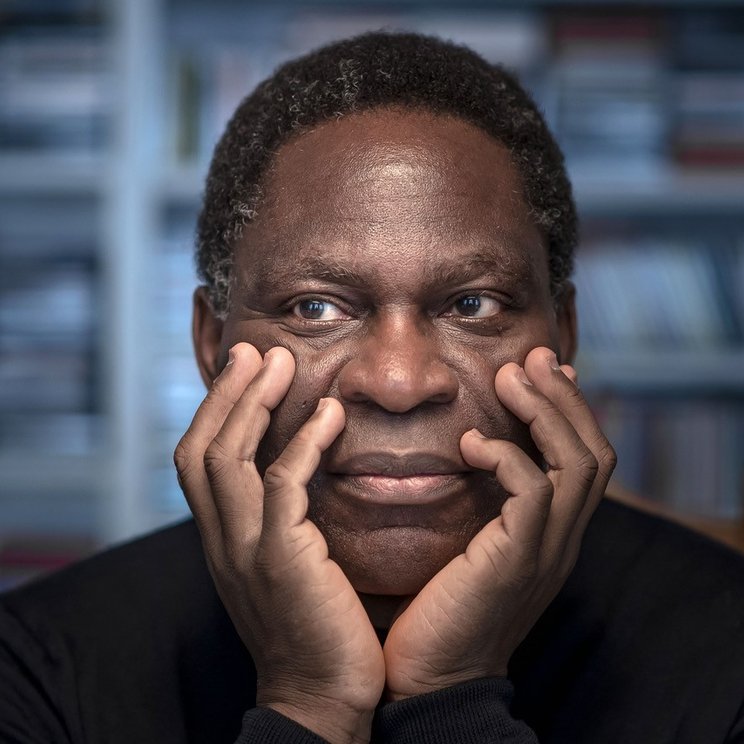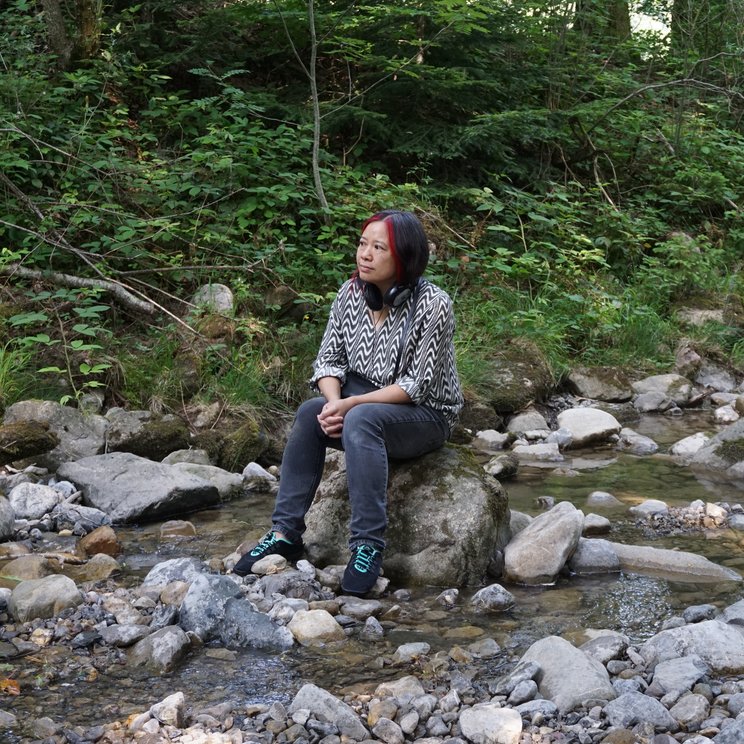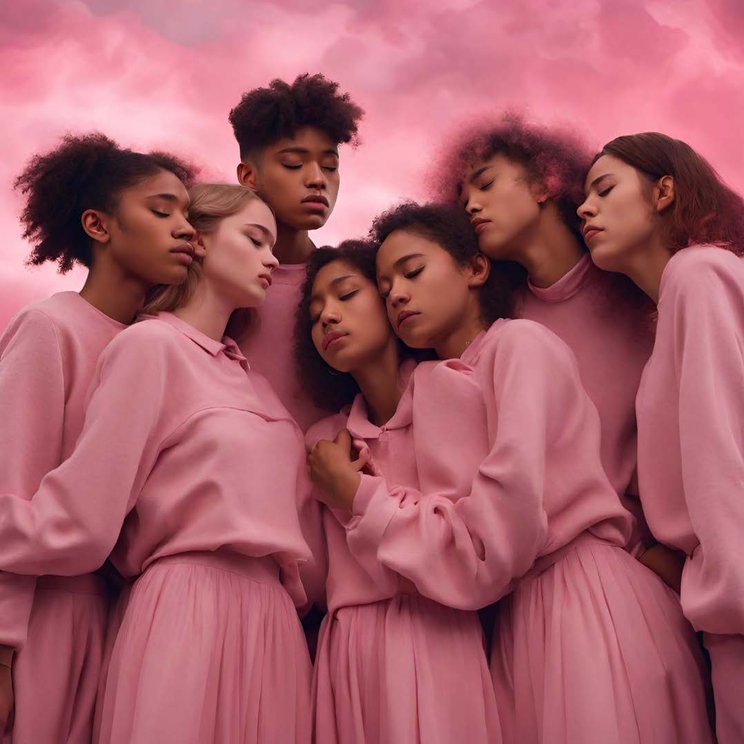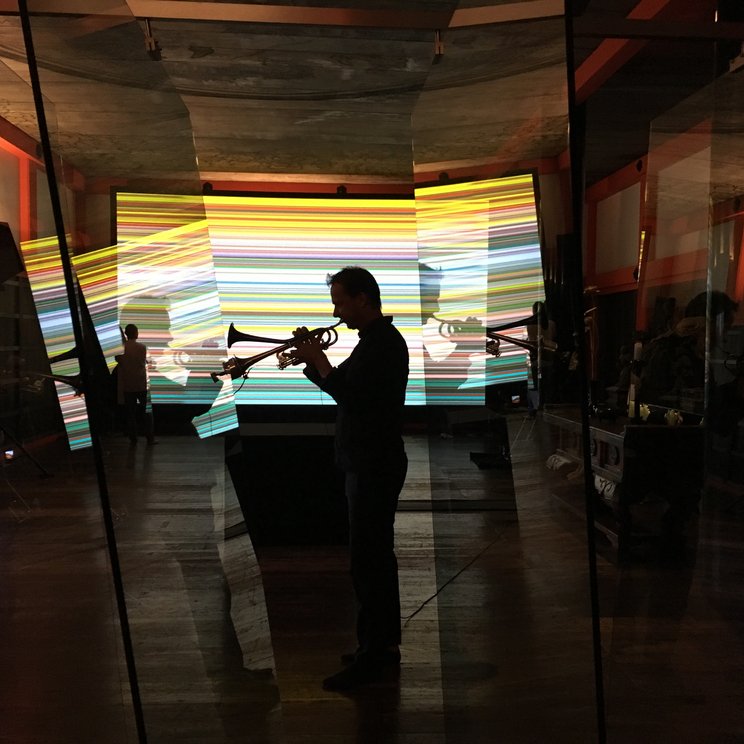Music of the river
Recording videos and sounds in Eigental (near Lucerne) for Liza Lim's new work
In 2016, Liza Lim wrote a work for Sheng and Ensemble titled How Forests Think, based on the book of the same name by anthropologist Eduardo Kohn. Kohn discusses how indigenous people in the Amazon rainforest live with nature. In this groundbreaking book, recently published in German (Wie Wälder denken), Kohn shows what we can learn from the hypercomplex system of nature to cope with the problems caused by humans, especially our interaction with nature. A new paradigm is sketched, which abolishes the separation of mind and nature that has dominated since the Enlightenment. Man is seen as part of a higher "natural" order. Liza Lim draws on this worldview in many works, including Extinction Events and Dawn Chorus performed at Lucerne Festival Forward 2021; it is the foundation and starting point for her "ecological" art.
For Liza Lim's latest composition Multispecies Knots of Ethical Time for 15 musicians, gestural performer and video, commissioned by Lucerne Festival to be premiered on 18 November 2023 in the KKL Luzern Concert hall as part of Lucerne Festival Forward, video and sound recordings took place on 28 June 2023 in Eigental near Lucerne.
The Eigental is situated at the foot of the Pilatus mountain range. The Rümlig River meanders through the entire valley. Video and sound recordings took place at three locations along the stream.
The team, led by Liza Lim, consisted of filmmaker Morena Barra and the drone camera operator Luca Schmid; the sound recordings were made by Maude Gobet. Protagonists for the recordings were Winnie Huang, the soloist of the new work, and two violins. They were "instruments of the river". Wonderful sounds and images were recorded, which became the basis of the composition for Liza Lim. The recorded material will also be an elementary part of the performance with surround sound and video recording.
Liza Lim on her intention for this particular form of collaboration with a stream:
"The Rümlig river is full of voices. It is a complex ecosystem of beings: plants, animals, birds, insects, waters, winds, air, rocks, earth and more. The Rümlig is an incredibly melodious river: it pulsates with high and low pitches, deep rumbles and the finest champagne fizz of bubbles as its waters flow over rocks of all sizes and shapes, passing through pools of varying depth, grottos and channels. Water and rocks – resistance creates music!"
With her "ecological" art, Liza Lim wants to initiate connections and dialogues "that well reach beyond the original concert context":
"This is a work about time: about our individual Finiteness and about the ecological crisis. The protagonist is a river – a symbol for transience and (endangered) continuity. In a video by Morena Barra, the performer Winnie Huang communicates with the life-worlds of the river. The River Being's polyphonic voices open up the possibility of a radical imagination of otherness and an expanded sense of personhood. This work is part of a larger project to join the arts to wider movements of multispecies justice that take up the moral, political and legal claims of animals, plants, rivers, forests and ecosystems, as bound up with the fate and well-being of humans."
A ritual at the beginning and at the end of the recording in the Eigental, a custom known to Liza Lim from her contact with animistic ritual practices in South East Asia, illustrates a different relationship between man and nature. Liza Lim had prepared a bowl with flowers and fruits, and during the working period on the Rümlig a temporary shrine was opened. Like a person, nature is met with respect, courtesy and attentiveness:
Invocation to the river
Dear Eigental River, dear Rümlig!
We are honoured and grateful to be here in your lovely and extraordinarily beautiful presence. We would like to introduce ourselves. My name is Liza Lim and I’m a composer. We're here to do a project for the Lucerne festival called Multispecies Knots of Ethical Time, and we would like to film and record here and we would like to make a small temporary shrine here.
We humbly ask for your permission to work here with you in your living waters and we acknowledge and ask the ancestral spirits and all the guardians here for protection and guidance. We are here to listen to your exquisite songs and also to sing with you; as we touch you, we are touched by you; as we watch we are being watched by you: the waters, the land, the birds and animals; we make these offerings to you and ask that you accept them and grant us your blessing as your guests.
Mark Sattler | Dramatury Contemporary
-
Sun 19.11."Death/Life"— Concert 4Date and Venue
Sun 19.11. | 18.30 | KKL Luzern, Concert HallProgram
Uzor | Jernberg | LimForward Festival 2023starting at CHF 50




















